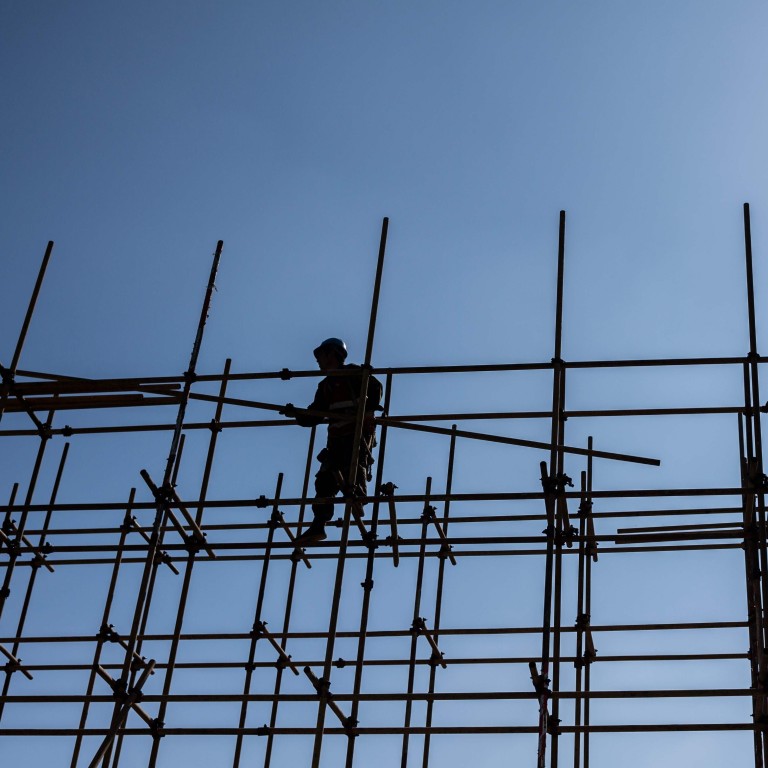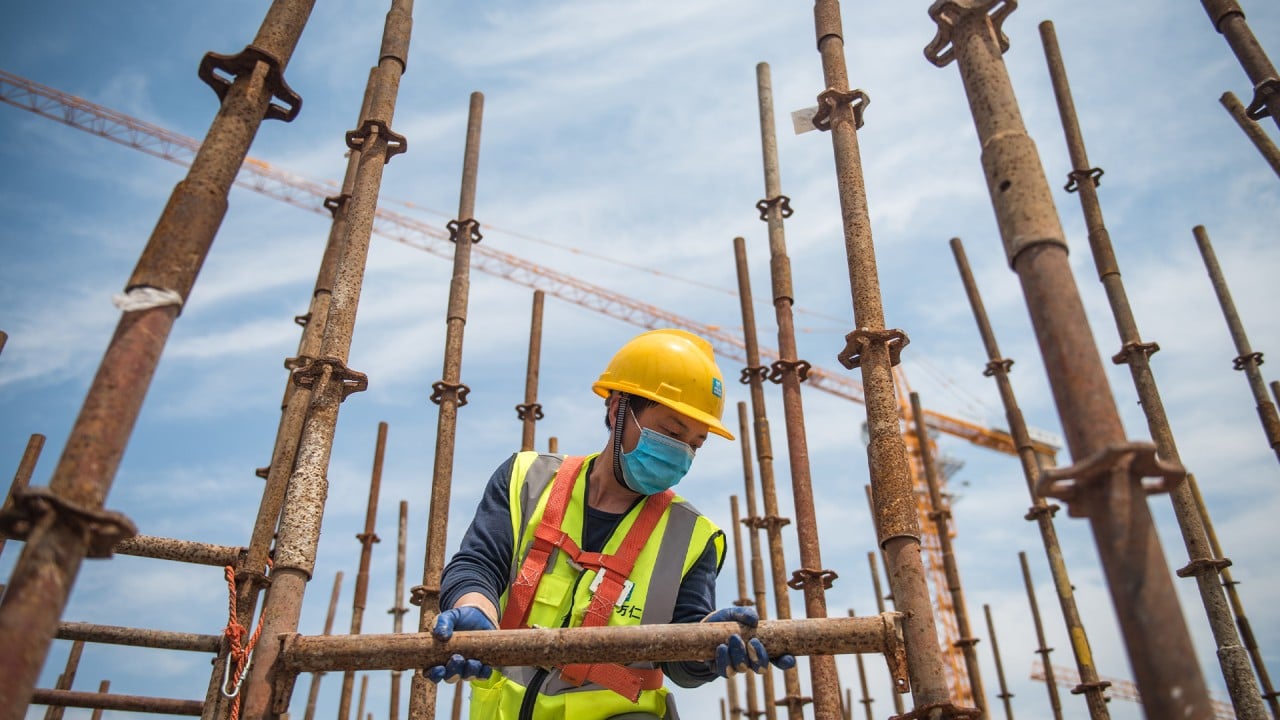
China five-year plan: state media invites public submissions as Xi Jinping calls for ‘wisdom of the people’
- Chinese citizens are being encouraged to share their views via state media on the country’s 14th five-year plan, which covers the period 2021-25
- Social welfare, employment, education and the environment have emerged as the main areas of concern for regular Chinese
The People’s Daily has launched a website to take suggestions from the public, which can be as short as five words and no longer than 1,000 characters.
Social welfare, employment, education and the environment have emerged as the main areas of concern for regular Chinese, with a considerable amount of people also advocating for large infrastructure projects – like railways – for local economies that have been hard hit by the coronavirus pandemic.
While it is far from certain the proposals will feed into the five-year plan, it follows comments from President Xi Jinping last week that the policy document should reflect the “wisdom of the people”.

05:02
Coronavirus backlash further fraying China’s ties to global economy
China’s 14th five-year plan will lay out the blueprint for economic and development targets for the period covering 2021-25, and comes as Beijing readies the country to deal with growing hostilities abroad and economic uncertainty at home.
The public submissions are published online in a near real time, with the list growing by the minute with new proposals.
While the published proposals do not touch on issues such as one-party rule or press freedom, they shed light on the hopes and concerns of ordinary Chinese.
Many submitters have called for a fairer pension and health care system. China, the world’s second largest economy with a per capita gross domestic product of around US$10,000, has a state welfare system that favours public sector employees and neglects groups such as migrant workers and rural seniors.
“Peasants, like workers, have contributed to the country’s development, but when they become too old to labour, their pension is much smaller than those in cities,” reads one suggestion from a resident in Hebei. “It’s time to increase rural pensions.”
Another from Jiangsu expressed a similar view: “Young people from rural China flock to cities and struggle to settle down, and many of them don’t have the capabilities of supporting parents back in the countryside. This problem will just get worse and needs a solution.”
One resident from Fujian suggested that China should have a unified nationwide health care system so that treatment outside one’s city of residence can also be covered. Another went further, saying China should have free universal health care coverage before 2025.
The website drew a large number of suggestions on education. One Shanghai resident said China should begin providing 12 years of compulsory education, while many argued the government should focus more on improving education in rural areas.
One Beijing resident noted there were too many students in each classroom at primary schools and suggested the government build more schools to cap the average number of students per classroom at 35.
China’s rural development also attracted a lot of attention, with one Henan resident saying there needed to be reform.
“Often a new town is developed on farm lands but there are few residents,” the person wrote.
The official Xinhua News Agency has also created a platform to solicit views about the five-year plan on 23 topics, including party building, diplomacy, “the rise of a great nation”, national defence and military, as well as Hong Kong, Macau and Taiwan.

01:25
Hong Kong-based warship joins drill in South China Sea
Xinhua had published only about 50 comments by Monday noon, without a single comment on diplomacy, military or Hong Kong.
The platform has also offered people an opportunity to share their views of the country and life in general.
“A divorce doesn’t need a cooling-off period … getting married does,” the resident said wryly.

